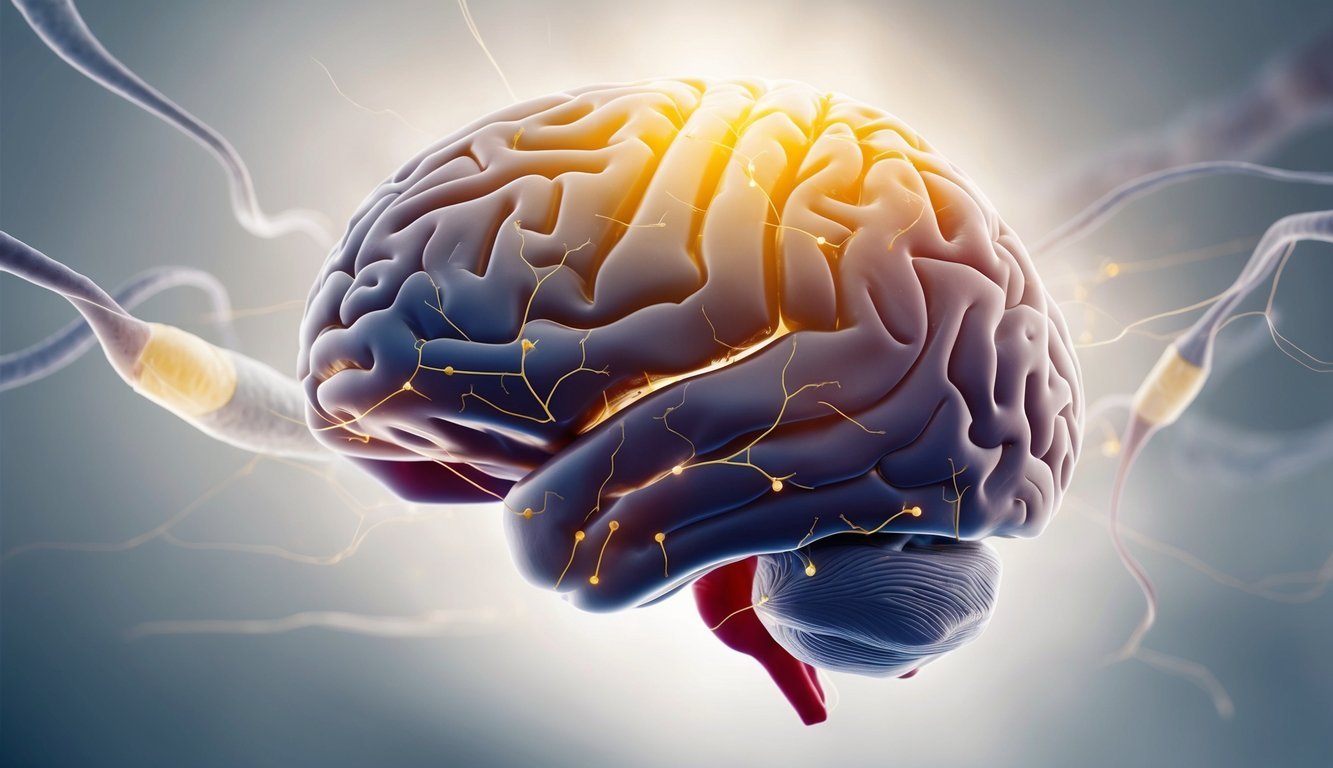PsychNewsDaily Publishers
100 Summit Drive
Burlington, MA, 01803
Telephone: (320) 349-2484
PsychNewsDaily Publishers
100 Summit Drive
Burlington, MA, 01803
Telephone: (320) 349-2484
Karolinska Institutet's study links poor vascular health factors to older brain appearance in 70-year-olds, while healthier lifestyles correlate with a younger-looking brain.


A study from Karolinska Institutet has employed artificial intelligence to assess the biological age of the brains of people aged 70. Published in “Alzheimer’s & Dementia: The Journal of the Alzheimer’s Association,” the study reveals that poor vascular health factors, such as inflammation and high glucose levels, are linked to an older appearance of the brain. In contrast, healthier lifestyle choices correspond with a younger-looking brain.
In Sweden, over 20,000 people experience various forms of dementia each year, with Alzheimer’s disease making up roughly two-thirds of these cases. The aging process of the brain is affected by numerous health and risk factors.
The lead researcher, Anna Marseglia from the Department of Neurobiology, Care Sciences, and Society at Karolinska Institutet, underscores the significance of this study, noting that while new Alzheimer’s medications have been introduced, they may not be effective for all dementia types. The aim is to find ways to bolster the brain’s resilience against harmful aging processes.
The research team analyzed data from 739 cognitively healthy 70-year-olds, including 389 women, collected from Gothenburg’s H70 cohort. They utilized MRI technology along with an AI-driven algorithm to determine the biological age of the participants’ brains.
This algorithm is reported to be accurate and straightforward, serving as a useful research tool that may eventually find application in clinical settings, particularly in dementia assessments.
To enhance the brain imaging results, researchers also collected blood samples to evaluate various factors, including lipids, glucose, and inflammation markers. Additionally, participants took cognitive tests, and their lifestyle choices, such as exercise habits and medical conditions, were documented.
The AI analysis revealed that the average estimated brain age for participants was 71 years. By calculating the “brain age gap,” the researchers compared the estimated biological age with the chronological age of the people.
The analysis indicated that conditions like diabetes, stroke, small vessel disease in the brain, and inflammation were associated with an older brain appearance. Conversely, an active lifestyle, characterized by regular physical activity, was linked to a more youthful brain.
A significant insight from the study is that factors detrimental to blood vessels may also relate to an older-looking brain. This emphasizes the importance of maintaining vascular health to protect brain integrity, such as controlling blood glucose levels.
The research also uncovered differences between men and women regarding the factors that influence brain aging, suggesting variations in how resilience is developed. The team plans to investigate these differences further by looking into both biological factors, like hormones, and social and cultural influences.
Next year, the research will focus on how social health—covering aspects such as social interaction, community connections, and support—affects brain resilience in middle and older age, paying special attention to women’s health.